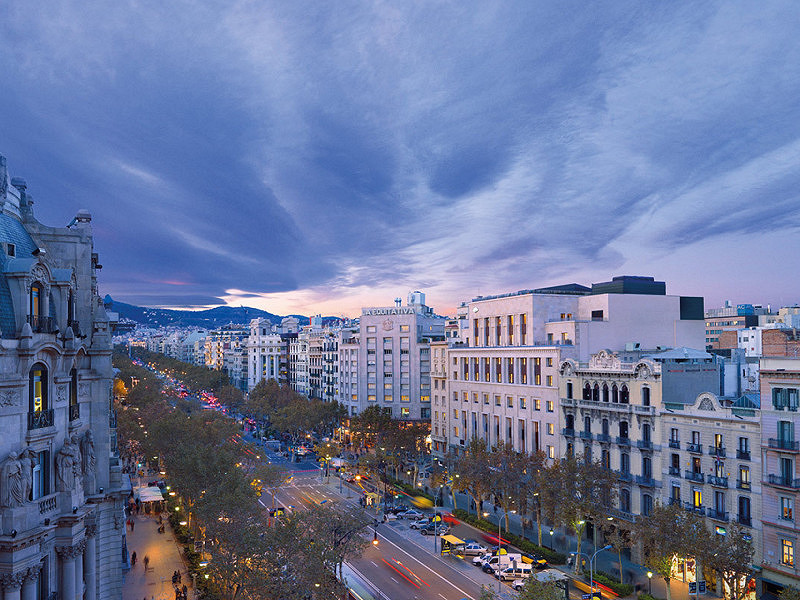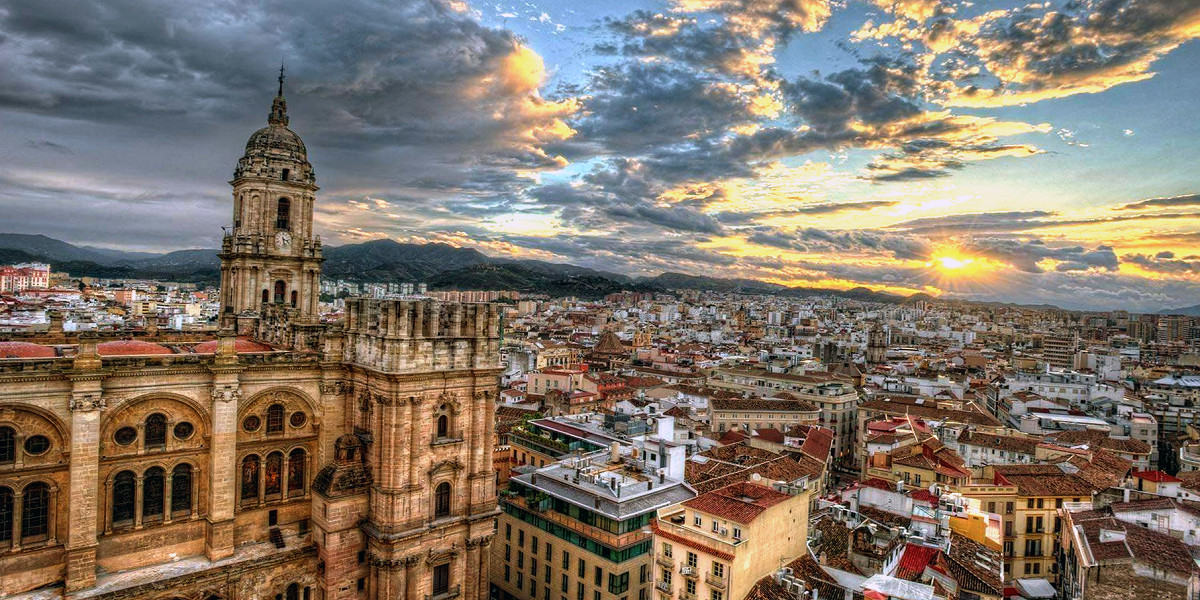
About 35 thousand years ago, the first human settlements appeared on the territory that is now called the Iberian Peninsula. They were the Iberians, whom modern scientists consider to be the ancestors of the Basques. In the period from the 5th to the 3rd centuries BC, the Celts began to inhabit the Iberian Peninsula, gradually mixing with the indigenous people. Culturally, they were superior to the Iberians.
In addition to the Celts, from the beginning of the second millennium BC, the Phoenicians and Greeks began to actively settle on the peninsula, mainly along the Mediterranean coast. The city of Gades was founded here as a key outpost. By 600 BC, the Greeks began to move to the eastern territories of modern Spain, actively spreading their unique culture.
Key events that happened before our era:
In the second century BC, Rome and Carthage fought a series of wars known in world history as the Punic Wars. The Carthaginians controlled part of the Iberian Peninsula, but after losing the second war, they were forced to abandon these lands. After this, the peninsula came under the rule of Rome, which held it until the fifth century AD, when it was defeated in battles with the Visigoths and Vandals. It was Roman rule that brought Christianity to Spain.
History 5-15
The Visigoths ruled the Iberian Peninsula for about two hundred years, from the 5th to the 8th centuries. However, in 717 they lost control of the land when Arabs and Berbers arrived from North Africa.
The new conquerors of Spain played a significant role in its development. They began to actively irrigate the fields, which had not been practiced before, and introduced the cultivation of rice, dates and other agricultural crops. Winemaking, weaving, mining and metalworking also flourished during this period. Several cities, such as Valencia (founded by the Romans), Toledo, Cordoba and Seville, experienced active growth. Several Muslim states emerged on the Iberian Peninsula, which were under the influence of the Damascus Caliphate.
The 8th century marked the beginning of the Reconquista, the liberation movement of Christians against Muslims. This long and bloody struggle ended only at the end of the 15th century, when Catholicism finally triumphed over Islam.
The Reconquista involved representatives of all social strata: artisans, merchants, knights and others. As a result of this movement, the first Spanish state was created - Asturias. To this day, every heir to the Spanish throne bears the title of Prince of Asturias.
The 10th century saw the emergence of many small Muslim states on the Iberian Peninsula, allowing Christians to liberate several major cities from the Moors, including Toledo and Valencia. When the last emir handed over the keys to the country to Queen Isabella, a new era in Spanish history began, during which it acquired many colonies around the world and became one of the leading maritime powers of the time.
History from the 15th to the 19th
The 15th century marked the beginning of a period of intensive development for Spain. The country expanded its possessions, capturing more and more territory, especially on the American continents. At the same time, Portugal came under the rule of the Spanish King Charles V. However, after about two centuries, Spain faced economic difficulties, which led to the loss of some of the conquered lands. This period was marked by defeat in the war with England and the intensification of the Inquisition. The 17th century was also characterized by a sharp decline in handicraft production and agriculture.
Modern history
In the 19th century, Spain experienced five bourgeois revolutions. The rebels sought to reduce the influence of the church and get rid of the remnants of the feudal system, which hindered the development of capitalism. However, due to disunity, weak support among the population and insufficient organization, none of the revolutions achieved their goals.
Queen Isabella II reformed the political system, introducing a constitutional monarchy in Spain. At the turn of the century, the country entered into a war with the United States, which it lost, leading to the collapse of the Spanish Empire and the loss of colonies in North America, which came under US control.
In the 1920s and 1930s, Spain was rocked by internal conflicts. The country went through a period of dictatorship, followed by the establishment of a republic. By 1936, a struggle between nationalists and Catholic supporters had broken out in Spain. The assassination of one of the opposition leaders triggered a civil war that lasted three years and ended with the dictator Franco coming to power. He ruled the country until 1975. This period was extremely difficult for Spain: economic decline and isolation from the international community. Only the development of tourism helped the country survive during this time.
In 1977, Spain held its first free elections, and the following year, the constitution that is still in force was adopted. In 1986, Spain joined the European Union.
Today, Spain ranks fifth in Europe in terms of industrial development. The country produces cars, electronics, textiles, and has a well-developed chemical industry. Agriculture, which was given impetus by the Moors, continues to develop rapidly. Spain is famous for its tobacco, wheat, citrus fruits, and many other products.
Spain is no less famous for its winemaking. Spanish wines are exported all over the world, and millions of tourists visit the country every year.



